Can Invisalign Fix Bite Problems for Baverley Patients?
Understand how Invisalign supports bite correction. Learn what types of bite issues it can fix and how treatment works for long-term oral health.
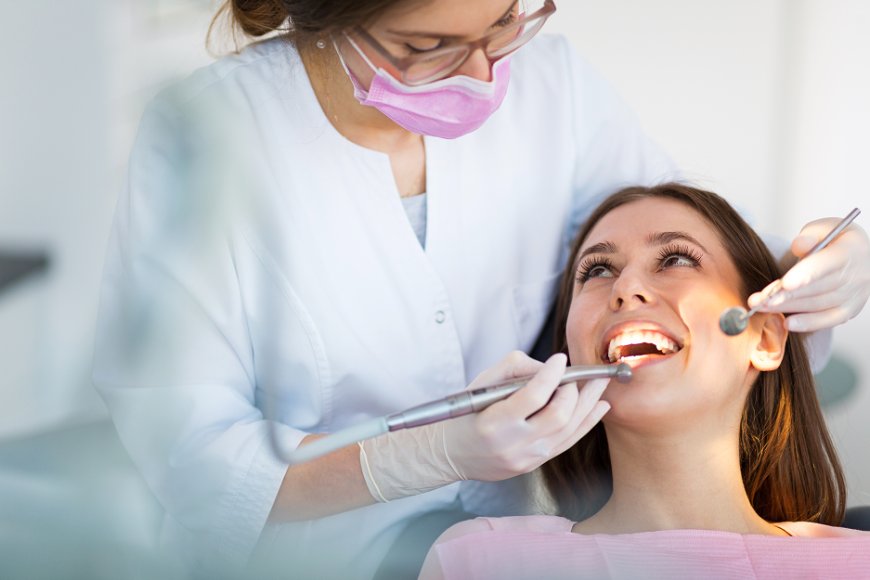
When most people think of straightening teeth, they picture gaps closing or crooked teeth being nudged into place. But there's more to a healthy smile than straight teeth—your bite plays a big part too. Bite issues, also known as malocclusions, can lead to discomfort, jaw pain, uneven wear on your teeth, and even difficulty chewing. Many are now turning to Invisalign as a discreet and flexible way to fix these problems. In this post, we’ll unpack how clear aligners can support bite correction and what to expect from the process.
Understanding Bite Problems and Why They Matter
Bite issues can take several forms. Some are more noticeable, while others may go unnoticed until they cause discomfort or complications.
Common Types of Bite Problems
Here are a few of the bite types that dentists frequently come across:
|
Bite Type |
Description |
|
Overbite |
Upper front teeth excessively overlap the lower front teeth |
|
Underbite |
Lower teeth protrude past the upper front teeth |
|
Crossbite |
Upper and lower teeth don’t align properly when biting down |
|
Open bite |
Front teeth don’t meet when the mouth is closed |
|
Deep bite |
Lower teeth are nearly hidden by the upper teeth |
Left untreated, these bite issues can lead to:
- Jaw strain and pain
- Headaches
- Uneven tooth wear
- Speech difficulties
- Increased risk of tooth damage
How Invisalign Supports Bite Correction
Invisalign for Overbites and Underbites
Patients with overbites or underbites often ask whether Invisalign Beverley can provide realignment without needing metal braces. The answer is yes—in many cases, Invisalign can effectively shift teeth and jaws into a healthier bite position.
In the early stages of treatment, Invisalign trays are custom-designed to guide your teeth into better alignment. Each aligner is slightly different, gradually repositioning your teeth over time. With consistent wear, it’s possible to reduce the severity of overbites and underbites.
- Treatment time: Most patients wear aligners for 12–18 months.
- Wearing schedule: For the best results, trays should be worn 20–22 hours per day.
Invisalign for Crossbites and Open Bites
If your teeth don’t sit properly when you bite down, Invisalign may still be a good fit. Invisalign Beverley uses SmartForce attachments and precision-mapped movement to shift teeth across or downward, depending on the needs of the bite.
One benefit of Invisalign is that it avoids the visual impact of traditional braces, making it easier for adults and teens to feel confident during treatment.
- Crossbite correction: Can prevent tooth chipping or gum recession.
- Open bite correction: Helps restore normal chewing and speech patterns.
Disclaimer: Invisalign may not be suitable for severe skeletal issues. In such cases, traditional orthodontics or surgery might be advised. Always consult with your dentist or orthodontist for personalised advice.
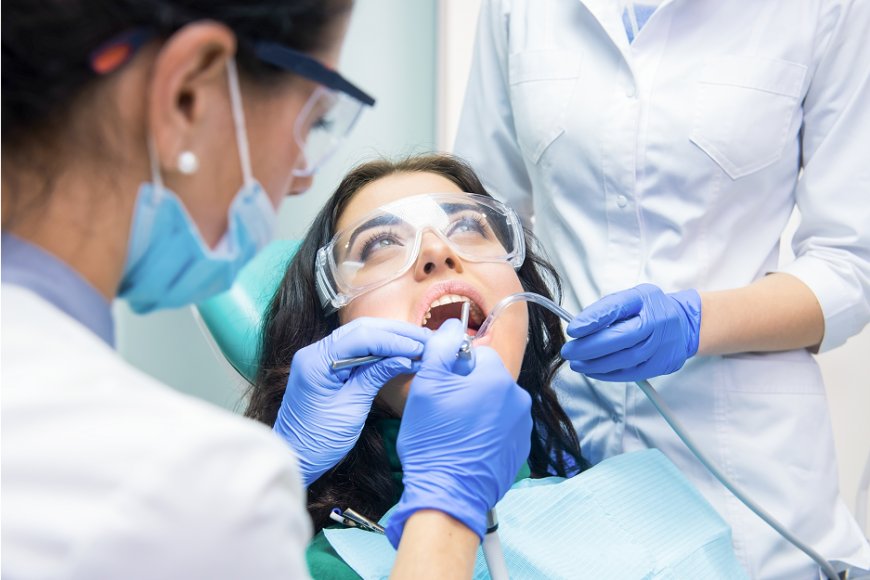
Benefits of Invisalign Over Traditional Braces
When comparing orthodontic options, many patients choose Invisalign because of its clear, removable design. But beyond appearance, it offers other advantages too, particularly for those concerned about hygiene or flexibility.
|
Feature |
Invisalign |
Traditional Braces |
|
Visibility |
Nearly invisible |
Noticeable metal wires |
|
Comfort |
Smooth plastic trays |
Can irritate cheeks and lips |
|
Oral hygiene |
Easy to brush and floss normally |
More difficult around wires |
|
Diet restrictions |
Fewer (remove to eat) |
Several food limitations |
|
Appointments |
Fewer adjustment visits |
Regular wire tightening |
Additionally, if you're already considering dental implants Beverley due to missing teeth, correcting your bite first can help ensure implants are placed in an ideal position. Orthodontic alignment often works best before restorative treatments begin.
Who Is a Good Candidate for Invisalign?
Not everyone is suited to Invisalign, though it works well for a wide range of bite issues. Ideal candidates are those who:
- Have mild to moderate malocclusions
- Don’t have complex jaw issues requiring surgery
- Are committed to wearing their aligners consistently
- Maintain good oral hygiene
Your dentist will evaluate your bite using digital scans and X-rays to determine whether Invisalign is a suitable option for your treatment plan.
Invisalign and Other Dental Treatments
Many patients wonder whether they can combine Invisalign with other dental work. The good news is, it often works well alongside procedures like bonding, whitening, or even implants—provided the timing is right.
For instance, if you're looking into dental implants Beverley, orthodontic treatment may need to come first. This is because implants are fixed and can’t be moved once placed. So aligning your teeth first means the implants can be positioned correctly from the start.
In some cases, Invisalign may be part of a wider smile makeover that includes both restorative and cosmetic treatments.
What to Expect During Treatment
Before starting Invisalign, your dentist will carry out a full consultation, including:
- Digital scans of your mouth
- Photos and X-rays of your teeth
- A detailed plan showing how your bite will change
You'll then receive a series of clear aligners, each worn for 1–2 weeks. You’ll need to attend occasional check-ups to track your progress and receive new sets of trays.
Daily Routine with Invisalign
Here’s what a typical day with Invisalign looks like:
- Morning: Remove trays, brush teeth, clean trays, and reinsert.
- During meals: Remove trays and store safely; brush before putting them back in.
- Evening: Clean trays again, brush teeth, and wear overnight.
If you're considering Invisalign Beverley, ask your dentist about extra tools like chewies (to help aligners fit properly) or cleaning crystals (to keep trays fresh).
Note: It's essential to wear the aligners for 20–22 hours per day to see optimal results. Skipping time can delay progress.
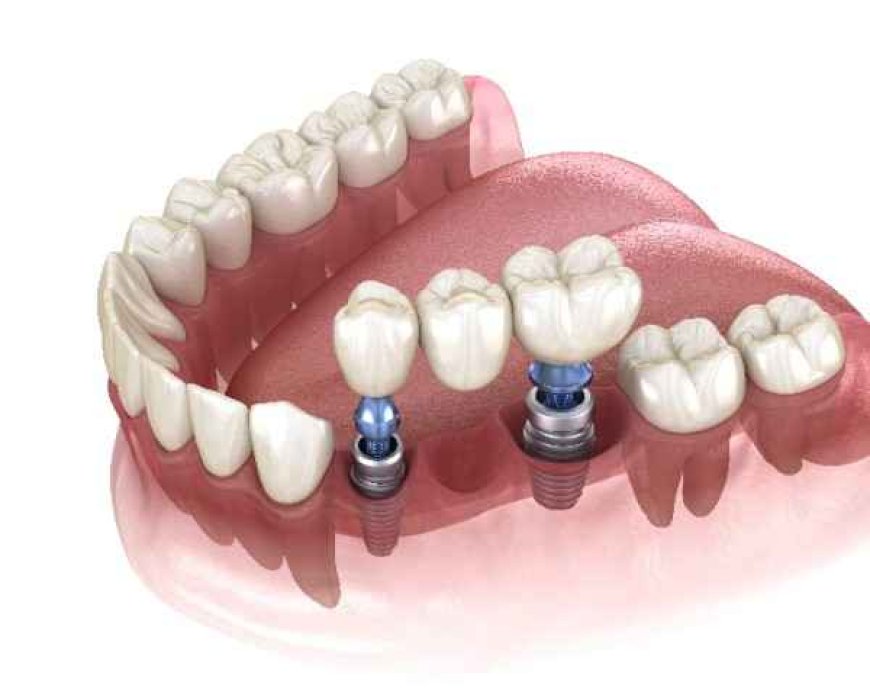
Invisalign vs Fixed Braces: Which Is Better for Bite Correction?
Both fixed braces and Invisalign are effective for correcting bites, but each comes with its pros and cons. The decision often depends on the complexity of your case and your lifestyle preferences.
- For minor to moderate bite issues: Invisalign can be just as effective as fixed braces.
- For complex or skeletal problems: Traditional braces, possibly combined with surgery, might be recommended.
Your dental provider will guide you on the best treatment based on your bite type and overall oral health.
Conclusion
Bite problems can lead to long-term oral health challenges, but they’re often treatable with modern orthodontic solutions like Invisalign. Whether you're dealing with an overbite, crossbite, or underbite, Invisalign Beverley may provide the discreet and flexible treatment you need. Always discuss your goals and dental history with a qualified provider, especially if you’re also considering treatments like dental implants Beverley. At Smilo Dental Implants Group, we work closely with patients to develop tailored plans that suit both aesthetic goals and oral health needs.







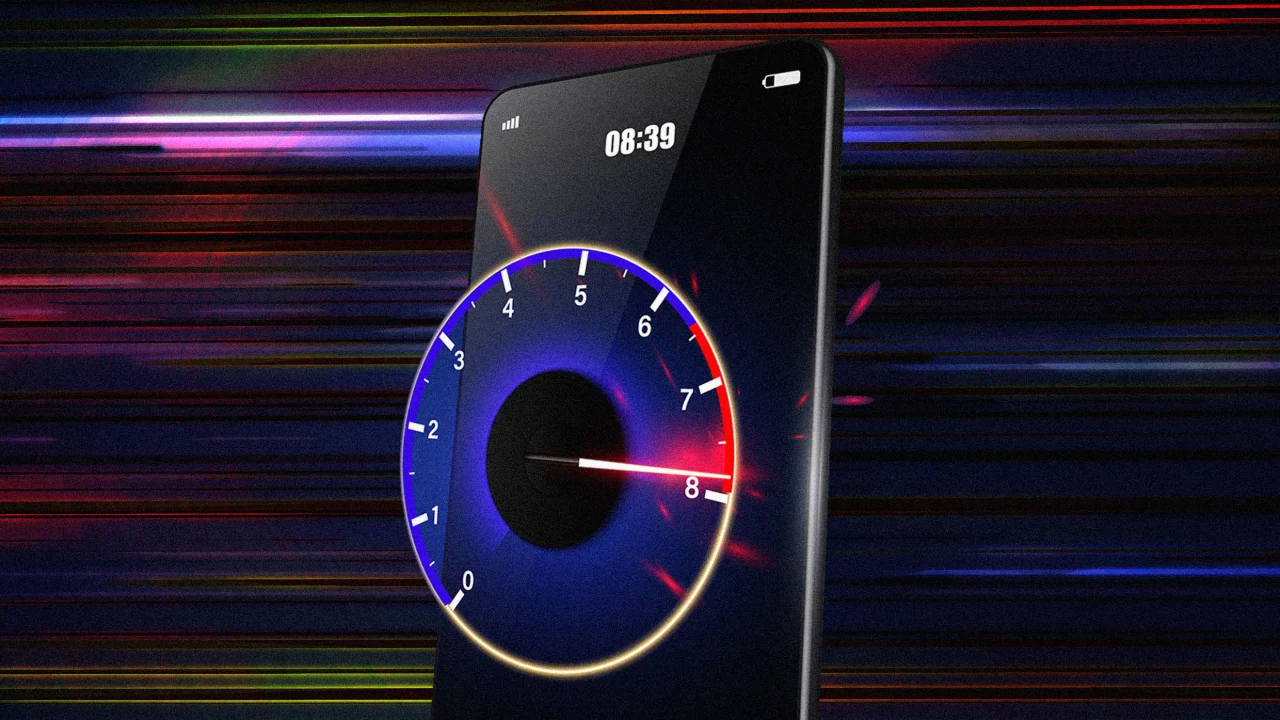
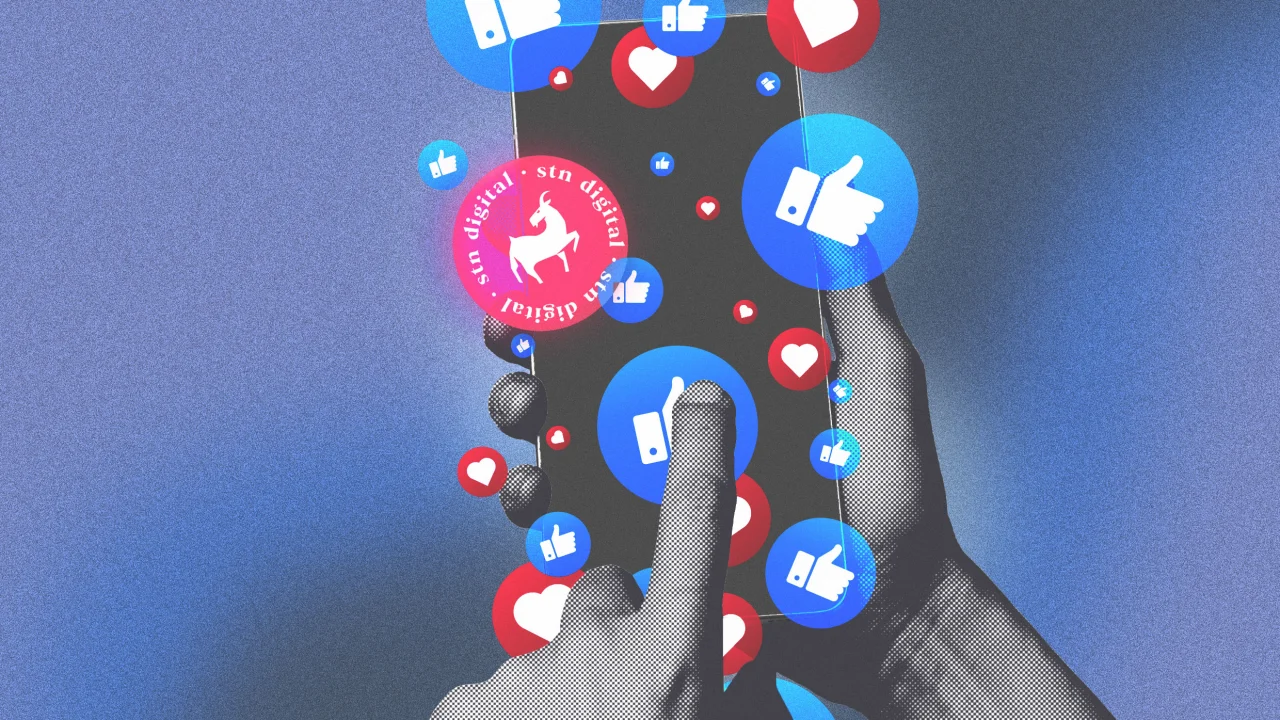
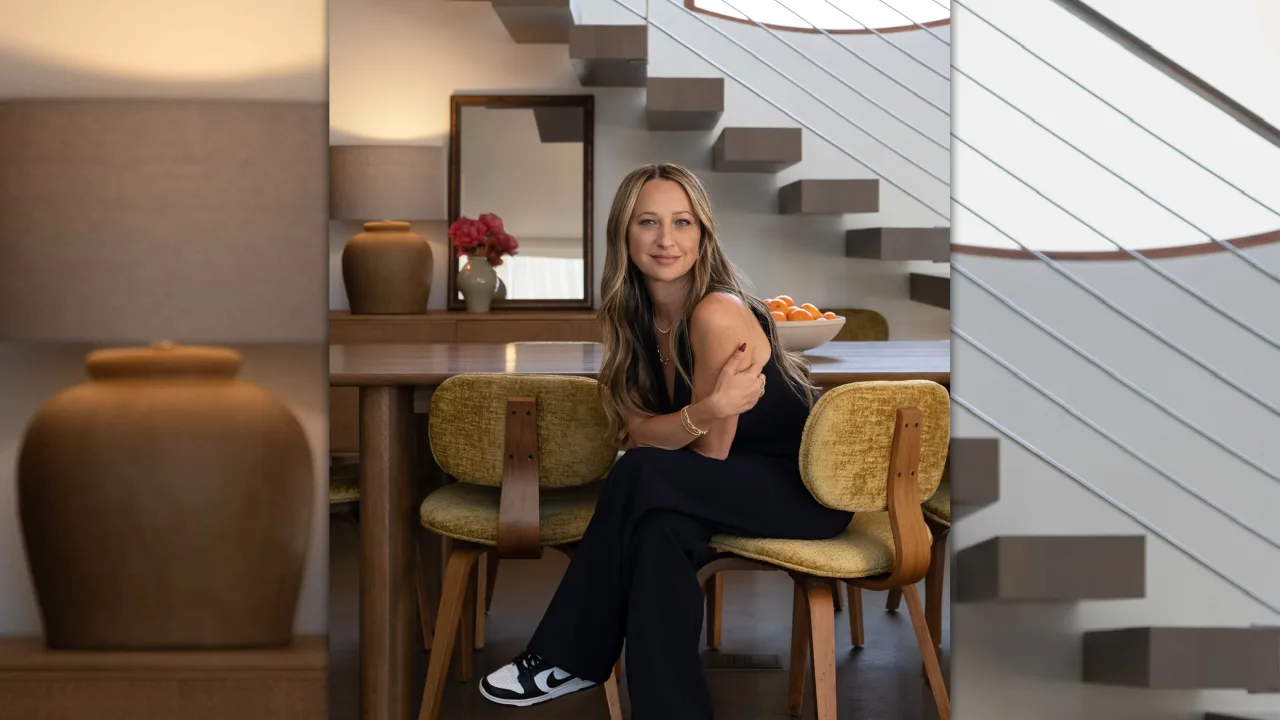




























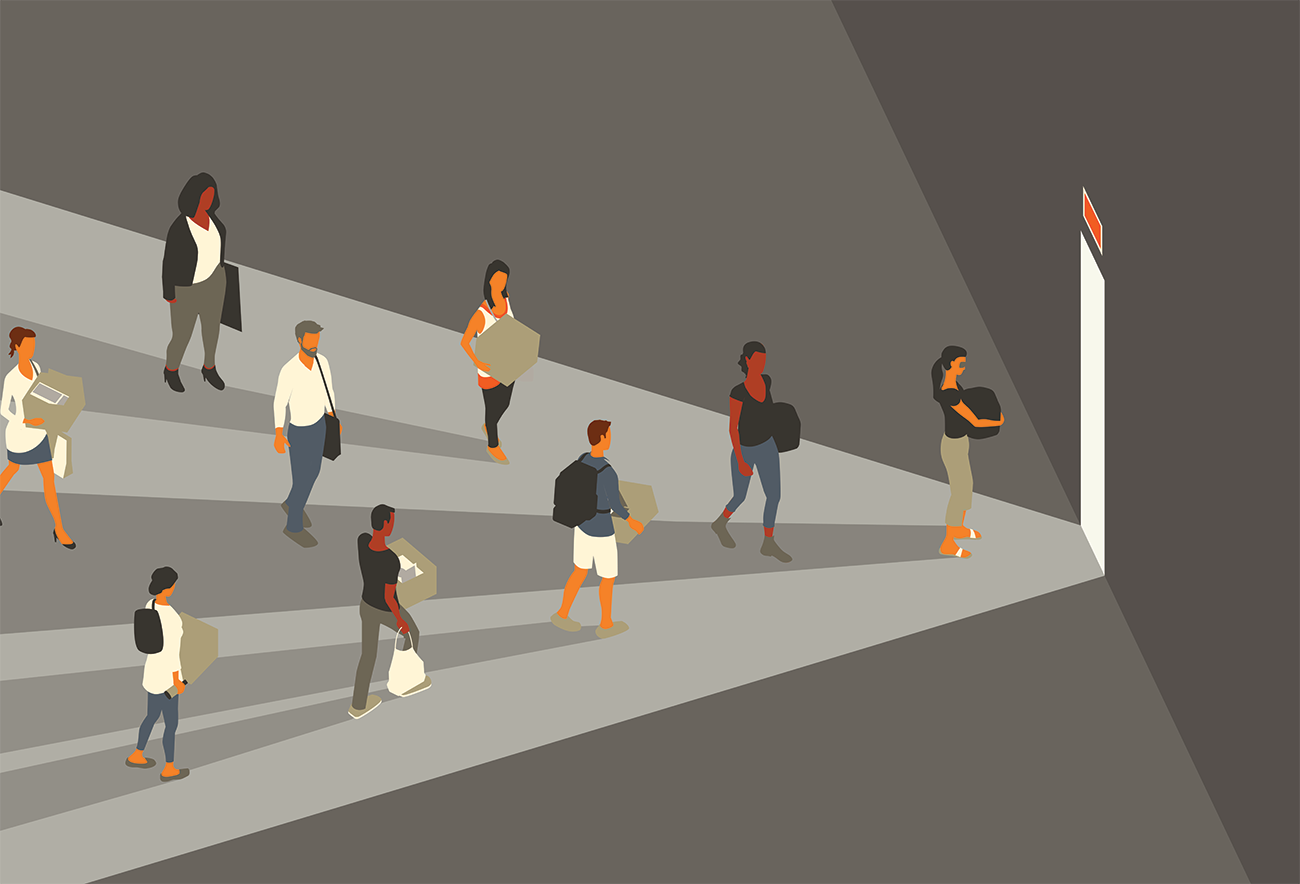























































![Coaching and Discovery in Product. What High-Performing Teams Are Doing Differently [TPG Live Recap]](https://tpgblog.com/wp-content/uploads/2025/05/2025-05-08-thumbnail-action.png?#)






![Building A Digital PR Strategy: 10 Essential Steps for Beginners [With Examples]](https://buzzsumo.com/wp-content/uploads/2023/09/Building-A-Digital-PR-Strategy-10-Essential-Steps-for-Beginners-With-Examples-bblog-masthead.jpg)



















































